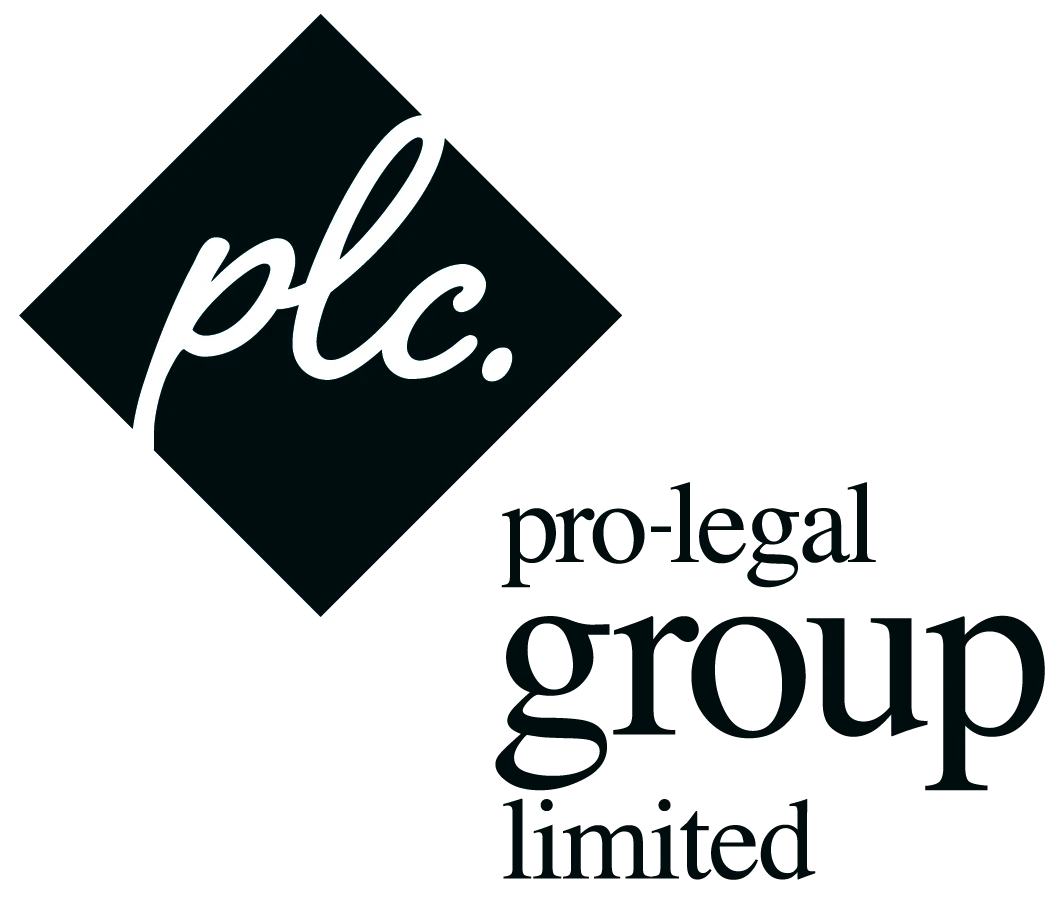Dealing with late payments is a critical challenge, especially for smaller businesses. Not only do late payments present ethical and moral issues, but they also significantly impact cash flow and, in severe cases, can jeopardise a company’s survival. It’s crucial for businesses to know how to handle delayed payments effectively.
Here are our top 10 tips for managing slow-paying clients:
- Conduct a Comprehensive Risk Assessment: Utilise online resources like Trust Online and the Insolvency Service website to assess the counterparty’s reputation. Investigate their financial history and current standing.
- Perform Thorough Credit Checks: Use Companies House and reputable credit reference agencies to evaluate the financial stability of potential clients. View our Credit Check e-Service.
- Understand Your Client: Identify whether you’re dealing with a company, sole trader, partnership, or individual. This knowledge is crucial for tailoring your approach.
- Establish Strong Terms and Conditions: Ensure your terms and conditions are robust. Implement a comprehensive credit policy to protect your interests.
- Evaluate Customers Carefully: If a customer seems high-risk, adjust your terms and conditions accordingly. Consider setting up direct debits for improved liquidity and payment certainty.
- Explore Additional Protection Measures: Use tools like personal guarantees from directors or business insurance to safeguard your transactions.
- Require Deposits or Guarantees: Asking for an upfront deposit or a guarantor can significantly reduce risk, especially with new or unproven clients.
- Respond Promptly to Payment Delays: Address late payments immediately. Send reminders, inquire about the reasons for delay, and consider tightening your terms if necessary.
- Be Proactive in Debt Collection: A passive approach can be perceived as leniency. It’s essential to be assertive in your debt collection efforts.
- Leverage Late Payment Charges: Include late payment fees and interest provisions in your terms and conditions. Use these charges as leverage to encourage timely payments.
Timely and effective debt recovery is critical to maintaining a healthy cash flow in your business. By implementing these strategies, you can minimise the risk of late payments and maintain a stronger financial position. Remember, the key is to be proactive and protective of your business interests right from the outset. If you would like to discuss our business debt recovery services, then please get in touch.




